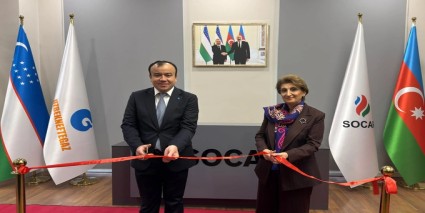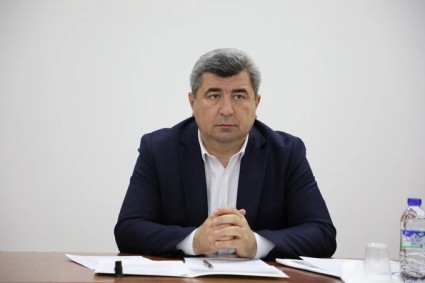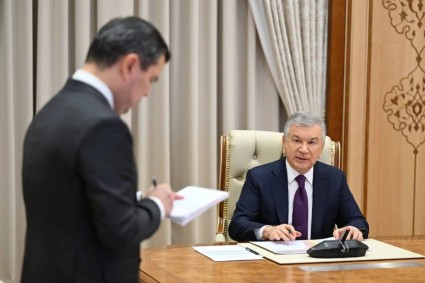A regional workshop was held in Tashkent today to prepare for the launch of a new phase of the Blue Peace Central Asia (BPCA) project, aimed at strengthening cooperation between Central Asian countries in water management.
The Blue Peace Central Asia project is funded by Switzerland. The new five-year phase is scheduled to begin in May 2025.
As part of the project phase I, which was implemented in 2018-2024, two hydroposts were installed on the border of Uzbekistan and Tajikistan to monitor transboundary waters. They allow for more accurate measurements of water consumption for irrigation in both countries.
In March 2024, plans were announced to install meters to measure transboundary water consumption on the border of Uzbekistan and Kazakhstan.
The workshop was attended by representatives of Uzbekistan, Kazakhstan, Kyrgyzstan, Tajikistan, Turkmenistan, international and regional organizations, as well as experts and government partners.
The event was organized by the International Water Management Institute (IWMI), the International Union for Conservation of Nature (IUCN) and the Regional Environmental Centre for Central Asia (CAREC).
At the workshop, participants discussed priorities in water diplomacy and dialogue to strengthen regional water cooperation – water quality, climate change adaptation, ecosystem stability, digitalization, data management, as well as the inclusive participation of youth and women.
“Water diplomacy and regional water cooperation in Central Asia are critical for sustainable development, as well as for adaptation to climate change. The pressure on water resources in the region is increasing; effective interstate cooperation will ensure equitable distribution of water and allow for the development of strategies for sound water management,” the organizers noted.
According to Maria Lindelin from IUCN, integrated water management strategies will help Central Asian countries cope with climate challenges and strengthen cooperation.
Barbara Janusz-Pawletta from IWMI emphasized that science-based decisions will contribute to the fair distribution of resources and sustainable development of the region.














